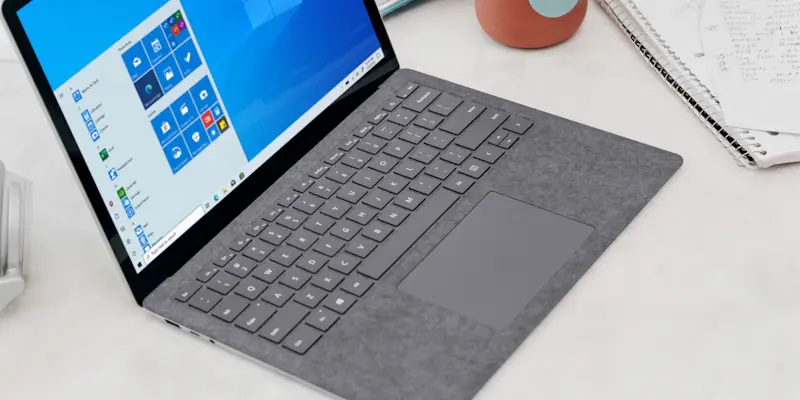In a tech landscape largely dominated by Windows operating systems, MX Linux 23.6 emerges as a compelling alternative, showcasing its commitment to speed, stability, and user control. This distribution, built upon the solid foundation of Debian 12, offers a refreshing contrast to Windows 11’s AI-driven interface and continuous design evolution. Recognized for its performance and efficiency, MX Linux 23.6 not only addresses the needs of current users but also welcomes new users with a host of updates and features aimed at enhancing usability and reliability.
Enhanced Features and Updates
MX Linux 23.6 builds on Debian 12.10 “bookworm,” bringing users numerous improvements that amplify both performance and usability. This version is particularly friendly to Xfce users, offering Xfce 4.20, which presents an array of enhancements like refined login sound features and a more sophisticated MX Package Installer for streamlined privilege management. The introduction of the UEFI Manager is especially notable, as it enables users to directly manage UEFI settings, allowing systems to boot into UEFI mode independent of GRUB. This feature alone sets it apart by giving users greater control over their system startup configurations. Accompanying these new features is an essential kernel update to 6.1.133 in the standard versions and 6.14 in the AHS edition from the Liquorix line, ensuring robust support for recent hardware advancements. This update also includes built-in Realtek networking support, addressing one of the commonly reported compatibility issues. Moreover, MX Linux 23.6 resolves various obstacles related to NVIDIA drivers on new kernels, eliminating the cumbersome need for manual adjustments in xorg.conf to obtain a functional display. By incorporating these updates, MX Linux continues its legacy of fostering a user-friendly and customizable operating environment.
User-Centric Approach
The team behind MX Linux 23.6 has clearly prioritized user experience, making it a viable option for those seeking simplicity without sacrificing performance. Unlike Windows 11, which often dives into marketing trends and aesthetic changes, MX Linux 23.6 remains steadfast in its mission to provide a straightforward and efficient computing experience. It avoids unnecessary bloatware, ensuring that the system remains focused on essential tasks without the distractions commonly found in modern operating systems.
This meticulous approach extends to system performance as well, with MX Linux optimizing its resources to deliver a swift and responsive environment. Users can enjoy a seamless experience, whether executing routine tasks or engaging in more resource-intensive activities. The minimalist design coupled with powerful functionality makes it a preferred OS for users who value control and efficiency over flashy features. Furthermore, built-in tools and utilities are tailored to enhance user productivity, reflecting MX Linux’s dedication to a well-rounded and holistic user experience.
Forward-Thinking and Future Ready
In a tech landscape largely dominated by Windows operating systems, MX Linux 23.6 emerges as a compelling alternative, showcasing its commitment to speed, stability, and user control. This distribution, built upon the solid foundation of Debian 12, offers a refreshing contrast to Windows 11’s AI-driven interface and continuous design evolution. Recognized for its performance and efficiency, MX Linux 23.6 not only addresses the needs of current users but also welcomes new users with a host of updates and features aimed at enhancing usability and reliability.
MX Linux 23.6 stands out, especially for those seeking a robust and reliable system without the frequent changes seen in Windows 11. Users will experience a system that prioritizes user control and stability, giving them peace of mind and consistent performance. Additionally, new enhancements ensure that both seasoned users and newcomers can navigate easily and make the most of what this distribution has to offer. It’s clear that MX Linux 23.6 is well-suited for anyone looking to step away from Windows and dive into the Linux ecosystem.

